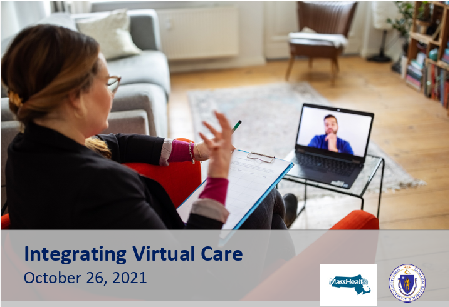Care Coordination
Take these online trainings on the Care Coordinator's role in engaging enrollees, working with providers and LTS-Cs, and creating a person-centered care plan.
Module 1: Best Practices in Person-Centered Engagement
The purpose of this module is to bring together Care Coordinators across plans to discuss strengths, challenges, and strategies, including how to prepare for interactions with Enrollees. This includes best practices such as how to prepare for interactions with Enrollees with open-ended questions, plain language, Enrollee terms, and repetition of the back technique.

Module 2: Best Practices as Enrollee Internal Advocate
The purpose of this module is to prepare Care Coordinators to engage as internal Enrollee advocates within One Care plans. This training module will review covered services and the utility of flexible services to ensure an understanding of how MassHealth and Medicare services interface for maximum coverage. This training is required for all Care Coordinators.

Module 3: Shifting the Paradigm
The purpose of this module is to delve into two prevalent subpopulations of One Care: Enrollees with mental health diagnoses and Enrollees with substance use disorders. Using the results and recommendations from the Quality-of-Life (QOL) Survey, conducted by ForHealth Consulting, Care Coordinators will review Enrollees’ perceptions on their outlook on life, environment, and challenges, and discuss how Care Coordinators can impact Enrollee health outcomes and quality of life through services and support.
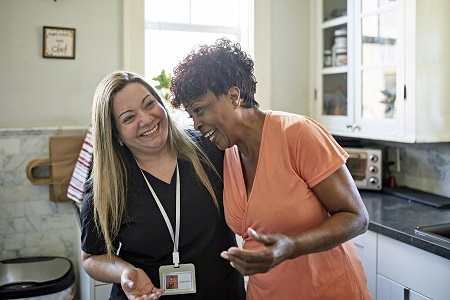
Module 4: Strengthening the Care Team
The goal of this module is to increase understanding of each other’s roles, share how you collaborate, and discuss ways to improve communication and cooperation in support of One Care Enrollees' goals. Learners will view and discuss pre-recorded interviews of One Care teams, including Care Coordinators, LTS-Cs, and members from each of the One Care plans, highlighting approaches and tips for working together. Attendees will have the opportunity to share their own successes and lessons learned across plans and roles.

Module 5: Housing Search Guidance and Resources
Adequate and safe housing continues to be a challenge for many One Care Enrollees. One Care plan care coordinators and long-term supports coordinators (LTS-Cs) play a role in supporting members with housing search, preparation of documents, monitoring subsidized housing waitlists and connecting members to other resources. This module will provide recommendations for care coordinators and LTS-Cs in supporting enrollees during the housing search process. Housing experts from the Executive Office of Health and Human Services (EOHHS) and the Department of Mental Health (DMH) will present guidance and recommendations to increase the skills of care coordinators in preparation and search for housing.

Motivational Interviewing (MI)
Motivational Interviewing, or MI, is a method of interacting with individuals to facilitate health behavior change. MI is a shift away from telling people why they should change or how they should change; instead, MI works to draw out from the person their ideas about why change would be beneficial and how it can be done in the context of that individual’s life. During this module, providers and plan staff will consider why people change health behavior, review some key concepts of MI, view examples of those concepts, and explore resources for additional training on MI.
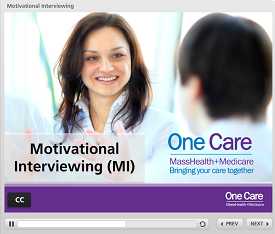
Social Isolation and Loneliness: Improving the Quantity and Quality of Relationships
This online module reviews the dramatic health impacts of social isolation and ways that professionals can identify and work with people to improve social interactions and build meaningful relationships. Community providers and persons with lived experience share best practices in discussing social isolation or loneliness and ways to address it through care planning and accessing community resources.
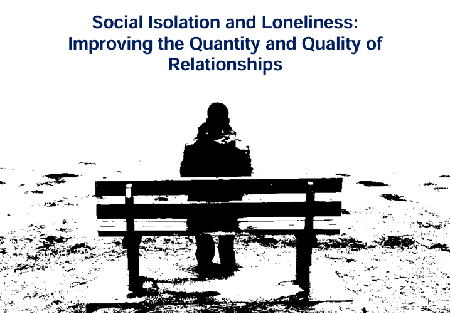
Addressing Sexual Health in Assessments and Care Planning
Recorded 04/28/2018
Research shows that sexual health is a common concern among individuals with disabilities, but is often unaddressed by healthcare professionals, with many reporting the lack of adequate Provider training and perceived lack of confidence. People with disabilities are often treated as though they are not engaged in sexual activity; therefore, sexual health, reproductive health, or considerations related to sexual orientation or gender identity are often not discussed.
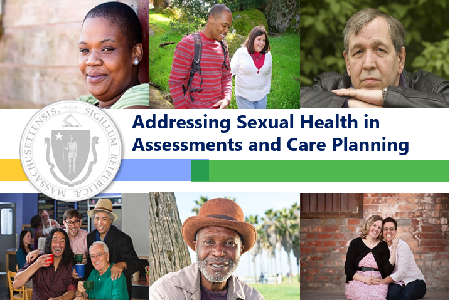
Health Activation: Engaging People in Their Care
Recorded 04/28/2016
This webinar describes both clinician and peer-oriented approaches to engaging One Care enrollees in their own care.
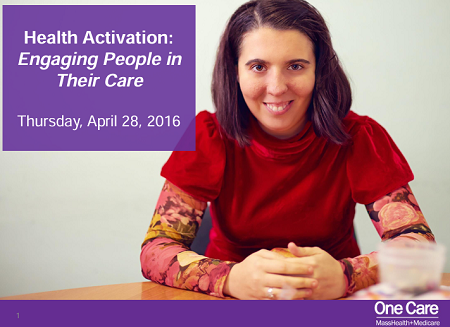
Building Communication Access
Effective communication is essential to care planning. It facilitates your ability to identify the goals, preferences, needs, and strengths of the individuals you support. These are indispensable to care and can pave the way for improved healthcare quality and equity for individuals with disabilities.
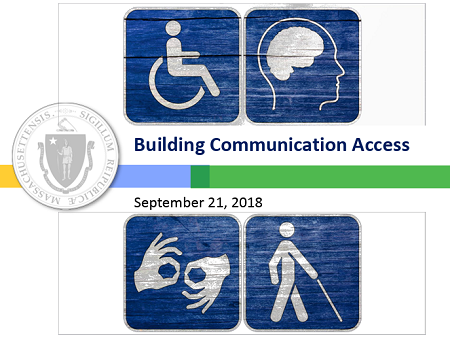
Engaging One Care Enrollees in Assessments & Care Planning
Care coordination is a cornerstone of One Care person-centered planning. Building quality relationships between Care Coordinators and Enrollees is key. This webinar focuses on what research, experiences, and best practices say about how to engage Enrollees in assessments and care planning.
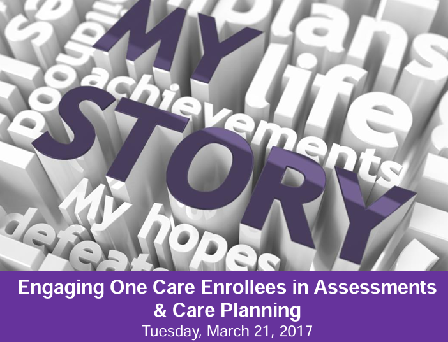
Integrating Virtual Care
Recorded 10/26/21
Care coordinators, providers, and community programs have had to change how they connect with members and provide care during COVID. This webinar will showcase ways in which One Care plans and community providers are integrating virtual options based on member feedback and successes. The goal is to share lessons learned from the use of virtual care during the pandemic and to think about how to incorporate these best practices for the continued use of virtual options in providing person-centered care.
